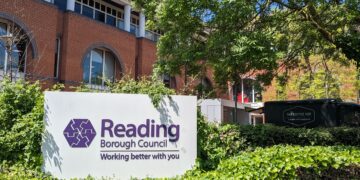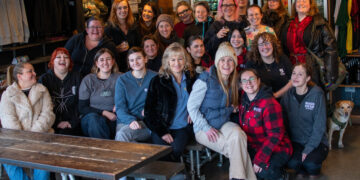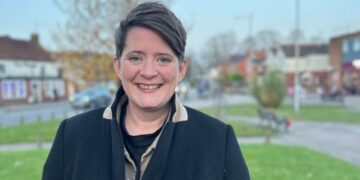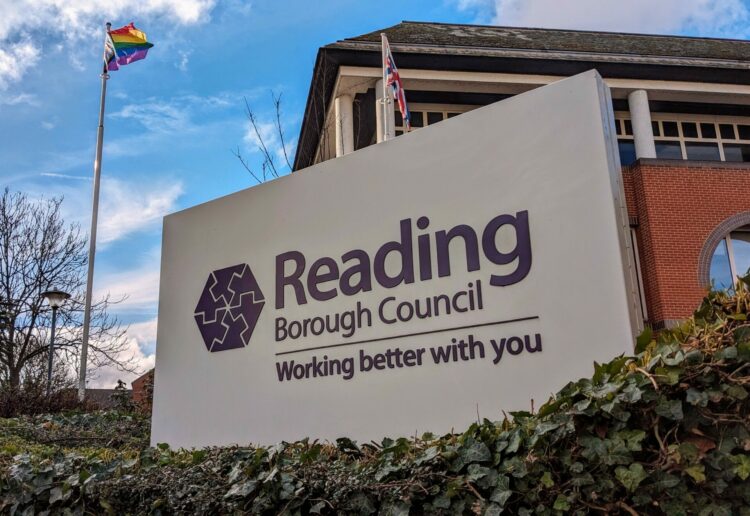READING Borough Council has responded to Green Party councillors’s claims that recycling in the borough is being burned to fulfil contracts rather than recycled, describing them as factually inaccurate.
Green councillors posited that a September meeting of the joint Waste Disposal Board saw the approval of a move to reallocate waste that would have been recycled and instead burn it for energy in order to meet contracts with the incinerator operators.
Green councillors have suggested that Reading is among the councils who have “locked themselves in” to long-term contracts which can include financial penalties if authorities fall short of minimum levels of waste required.
However Reading Borough Council and re3 Recycling have re-iterated that sorted recyclable waste is “never sent for incineration, as implied.”
They explained that: “the query is conflating these pure recyclables stream with ‘MRF rejects’ (items removed during the sorting process of regularly collected recycling at the Material Recycling Facility).
“The development of an Energy from Waste plant at Burghfield is wholly unrelated to the services of the re3 partnership.”
Cllr Dave McElroy said: “Residents are doing their bit – separating out their recycling – only for some of that to be burnt for dirty, carbon-intensive energy–this is to satisfy a baffling contract that shouldn’t have been signed in the first place.”
However re3 clarified that: “It is a mistake to conflate the re3 partnership with an independent development which was given permission outside of the re3 area.
“On 28th November the new Government announced revolutionary changes to recycling in England that are intended to deliver a national recycling rate of 65% by 2035.
“On 30th December the Government announced regulatory guidance on the future approval of Energy from Waste plants. (EfW) Projects will need to demonstrate their ability to maximise efficiency, support the delivery of economic growth, net zero, and the move to a circular economy.
Cllr McElroy said in his letter: “We want Reading Council to think again before diverting recycling to a dirty incinerator that generates dirty energy.”
However re3 explained: “The re3 Partnership made up of Bracknell Forest, Reading and Wokingham Councils have worked collectively and positively for the past 25 years to focus on its core objectives of the reduction of waste to landfill and the maximising of recycling for the nearly 600,000 residents in the area.
“To ensure stable outlets for continued waste management for the area, the Partnership needs to enter contracts for this work.
Re3 also explained it “constantly reviews” its commitments in their contractual relationships as a normal part of their function.
“The three councils are investigating strategic developments for our waste management services and will be announcing a new waste strategy for the re3 partnership later this year. No long-term decisions have been taken at present.
“Until those decisions are taken, we won’t be able to comment further, except to say that the re3 partnership of councils is fully supportive of the new legislation and all efforts to increase recycling.”
Re3 explained also: “Energy from waste is a key component of the country’s overall waste management strategy.
“It is first and foremost not an activity which is undertaken to generate energy, it is a treatment which allows the reduction of landfill for waste that will not be recycled–the energy generated in treating rubbish is a welcome by-product of such treatment.
“The re3 Partnership reiterates the importance of residents doing their part to maximise their own recycling and to reduce the amount of rubbish we throw away. Residents in the re3 area benefit from excellent services, and their efforts have contributed to a record-high recycling rate.”
They continued: “The average recycling rate for re3 Councils currently stands at 54.7%, which is 1.1% higher than last year–we know there is more to do, and the three councils are determinedly getting on with delivering those improvements.
“The Partnership is eager to continue their work with residents in increasing their recycling through the delivery of the new Simpler Recycling structure and their focus remains on delivering those successes for the Partnership area in the years to come.”
Note: This article was briefly published without Council clarification due to an error, but has been amended to reflect this.
























